How well stocked is your store cupboard? And what do you need to buy right now?
Go from cupboard chaos to culinary confidence with our list of essentials that you actually need to keep in your kitchen.
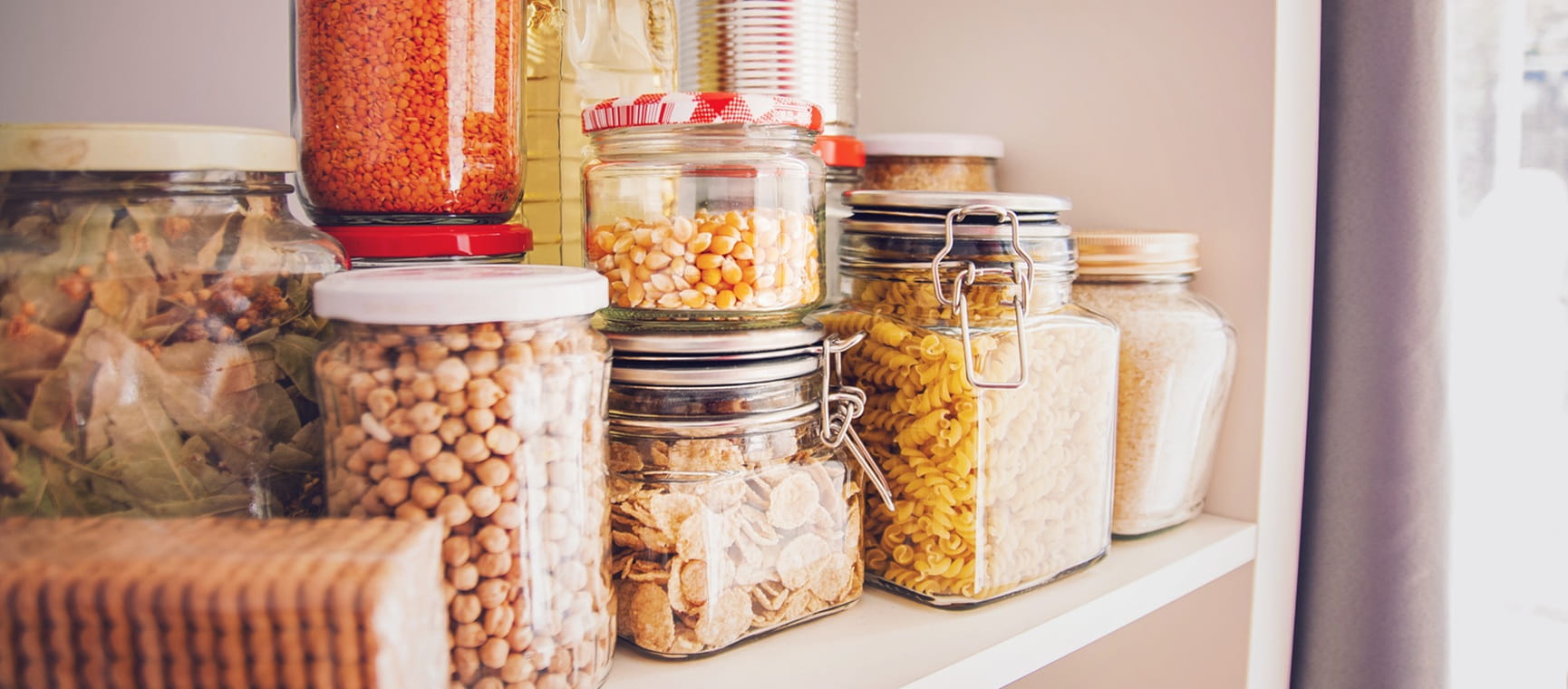
Go from cupboard chaos to culinary confidence with our list of essentials that you actually need to keep in your kitchen.

If we took a peek at your food storage, be honest, what would we see? A curated collection of tins and packets, arranged in order of use-by date, that would see you through a surprise visit from the grandchildren and a sudden snowstorm? Or a museum exhibit featuring dusty spice jars, expired tins of jackfruit you’d been “meaning to try” and some Smash packets circa 1983?
The truth is, whether you have a vast larder or a compact cabinet, having it well stocked is one of life’s small comforts. It leaves you safe in the knowledge that you can magic up a meal when the fridge is bare, stretch Sunday’s leftovers into Monday’s dinner, or host an impromptu coffee morning without dashing to the shops. But what should actually live there? And which items are taking up shelf space that would be better filled by a family-sized box of Yorkshire Tea?
We consulted a variety of experts, including ProCook food guru and Great British Bake-Off finalist Steven Carter-Bailey; Rupert Cooper, owner of Philleigh Way Cookery School in Cornwall; and spice expert and founder of Steenbergs, Sophie Steenberg. Between them, they’ve identified the essentials every store cupboard should have – and a few extras that are worth adding to your next shopping list.
The beauty of store cupboard meals is that they are budget friendly, tasty, less reliant on an expiry date, and packed with fewer nasty additives. They also come with a secret serving of warm memories.
“I grew up eating what we’d now call wartime food – my granny was a nurse during the war and she passed her thrifty cooking down to my mum, who passed it on to me,” says professional baker and ProCook ambassador Steven.
“Even now, I don’t spend frivolously on food. I like to know there’s always something in my cupboard that I can turn into a meal, without being greedy about it. We didn’t have much, but Mum always made food stretch, and while it was what you’d call plain these days, it was still lovely.
“One of my favourites was a corned beef hotpot – corned beef, onions, tomatoes and potatoes, with heaps of white bread and butter on the side. I’m 42 now, and I still ask Mum to make it for me.”

We’ll start with the obvious: salt and pepper. Jamie Oliver advises keeping sea salt flakes as opposed to standard table salt. “They will last you longer than table salt and encourage you to use less salt in your cooking,” he says. “Also, buy whole peppercorns and grind them when you need them in a pepper mill or using a pestle and mortar. It tastes a hundred times better than stale, pre-ground pepper.”
“Cumin, curry powder, cinnamon, paprika and turmeric would also be essentials,” says Sophie. “If you like heat, then organic chilli flakes or cayenne would be great. The flakes are particularly useful in households where people want different spice heats to their foods.”
“Don’t be afraid of buying packet mixes – yes, those little sachets from Schwartz and the like,” says Steven. “They might look humble, but at heart they’re just corn starch, seasonings, and dried onion or garlic.
“When a chef says, ‘We’re making our own chilli con carne mix,’ I think good for you – but, honestly, it’s not a world away from a packet. Packet powders are a great base. Sprinkle one over chicken, or bake it in, and you’ve got instant flavour – then add your own twist.”
“Whole spices keep their flavour for longer, and grinding your own to immediately use will always give you the freshest flavour,” Sophie advises.
“To check whether spices are still good for cooking, smell them. Or if they're dried herbs, rub them first, then smell them. Ground spices lightly toasted before use will start the aromatic oils again.”
The key to Steven’s simple but tasty store cupboard recipes? “Please, please, please keep plenty of stock cubes – vegetable, chicken and beef especially,” he tells us. “If you want to add flavour to rice, pasta or soup, just drop one in.
“It’s not about being fancy – sometimes, it’s just about giving food that little extra lift. Think of it as a salty, umami nudge. Stock pots or stock cubes in a stew or hotpot don’t overwhelm, but they do turn it into something more satisfying.
“So, yes, stock cubes are an absolute must-have in my cupboard. And plenty of chefs secretly use them. In fact, one of the oldest tricks in the book is rubbing a chicken stock cube onto chicken before roasting it. It’s chicken seasoned with chicken. Silly, yes, but delicious all the same.”
I always have thyme in my store cupboard (I love to make paella, and thyme gives it the most amazing flavour). Jamie Oliver, meanwhile, swears by oregano for the “Mediterranean vibes” and says it’s “an essential flavour in Italian-American cuisine".
We ask Sophie whether fresh herbs trump dried when cooking. “They’re not necessarily better, they’re just different and have different uses,” she says.
“For example, dried basil has a stronger flavour, and works well in bolognese and more robust sauces, while fresh is great in salads. Dried bay has more intense flavour, and fresh is slightly weaker comparatively. Oily, small-leafed herbs like rosemary and thyme are great dried, or mixed in with their fresh equivalents for a bit of extra ‘oomph’.”

If you eat any sort of curry or chilli, you’ll likely want the option of rice. And, of course, pasta is another staple – usually in the form of spaghetti for bolognese, sheets for lasagne and some sort of shorter pasta such as penne or fusilli. I like to keep both gluten-free and standard white/wholemeal varieties so that I can cater for fussy eaters, but you should only do so if you regularly cater to a crowd.
Our “bulkers” are optional, but recommended by Jamie Oliver if you’re looking for ways to make soups and stews more filling. “Cook a larger batch than you need, and turn them into delicious salads – warm or cooled,” he suggests.
“Allowing roughly 200 to 250 grams of these sorts of dried goods per person each week is enough for hearty meals without excess left forgotten on the shelf,” advises Dean Harper, chef at Harper Fine Dining.
We can pretty much guarantee your cupboard contains a few tins of tomatoes, and perhaps tuna for sandwiches. But do you have all these essentials?
“My tin cupboard is always well stocked, simply because I know I can turn almost anything into something useful,” says Steven.
“Chickpeas, for example, can bulk out a curry or a chilli, or, if I’m feeling adventurous, be whizzed into a homemade hummus. Tomatoes and tinned coconut milk, are staples, too, because I love curries.”
“Tinned fruit, though, is often unfairly overlooked. We forget that tinning was born of necessity – a way to preserve and protect food when fresh wasn’t available,” Steven explains. “Freezing and tinning don’t ruin food; they just change it. Fresh peaches on a summer day are glorious, of course, but if you fancy a peach cobbler in December, tinned peaches are the way to go.
“Nigella Lawson and Delia Smith both champion tinned food, and rightly so. Why import out-of-season fruit at the cost of a higher carbon footprint, when a tin of rhubarb or bramley apples will do the job beautifully?”
“Personally, I love using tinned rhubarb or strawberries in a winter crumble. Or take inspiration from the French and make a cherry clafoutis (basically a baked cherry dessert with a light sponge topping, cream, nutmeg and cinnamon). At the end of the day, if you’ve got flour, sugar, butter, and a tin of fruit, you’ve got dessert.”
“Tinned tuna, salmon and sardines are fantastic in simple pasta dishes and fishcakes while tinned anchovies make the perfect salty seasoning for sauces and stews,” says Jamie Oliver.
Tinned fish is also an easy way to introduce the omega-3 fats that support heart and brain health.
Keen bakers will want a steady supply of flour and sugar for cakes, adding specialist bread flour and yeast if they like to make their own bread. But yes, you did also see custard powder on the list.
“Custard powder is amazing – it goes into so many things,” says Steven. “I’ll sometimes add it to biscuits or shortbread, and it helps keep them lovely and light. That’s because custard powder contains cornflour, so when you mix it with regular flour it softens the gluten a bit, giving you a more crumbly texture. Plus, you get that subtle custard flavour in the background.
“Honestly, it’s one of the best hacks I’ve ever come across. We tend to think of custard powder only for making custard, but it’s far more versatile – you can even use it to thicken a fruit mix, and you’d never know it was in there.”

Having a good stock of the above will mean you’re always able to add extra flavour via dressings and marinades.
In the process of decluttering your kitchen, it’s always an important step to tackle your food storage. And while some foods (especially spices) will happily sit in your cupboard for months, resist the urge to overstock – even when an amazing BOGOF deal is tempting you. Chances are, you’ll forget what you’ve already got, only to discover that it expired just as you finally need it.
“Where possible, a good rule of thumb is to store enough for around two weeks per person, adjusting for how often you cook at home,” says Mark McShane, a former professional chef, nutritionist and now founder of Food Hygiene Certificate. “That amount will give you flexibility without food sitting unused and deteriorating for months.”
Some foods are simply better fresh. Take dried fruit – handy, yes, but high in sugar and not nearly as hydrating as the real thing. Leafy greens, peppers and tomatoes also shine brightest when bought fresh, though the freezer can be your secret weapon. Stock it with spinach, peas or berries, and you’ll always have nutrient-packed ingredients ready to go.
“Avoid the jarred sauces, because [unlike packet mixes] they’re usually loaded with bad things like sugar and preservatives to make them shelf-stable,” says Steven. “That’s when store cupboard food stops being helpful and starts being, well, processed.”
The Government’s latest emergency preparedness campaign suggests that each of us has a supply of “non-perishable food that doesn’t need cooking, such as ready-to-eat tinned meat, fruit or vegetables (and a tin opener)”. “How much you need will vary based on your own circumstances,” it states. “Don’t forget food for pets.”
Bottled water is another key store cupboard essential that shouldn’t be overlooked. “A minimum of 2.5-3 litres of drinking water per person per day is recommended by the World Health Organisation for survival,” according to the Government’s Prepare campaign.
“10 litres per person per day will make you more comfortable by also providing for basic cooking and hygiene needs. Additional water might be needed to make up baby formula, for medical devices and for pets.”
“Proper storage is very important,” says Mark. “Airtight containers protect flour and sugar from moisture and pests, while vacuum-sealed bags can extend the life of rice and pulses. Apply the FIFO rule – first in, first out – with older tins at the front to ensure that they're used before new ones, keeping everything in rotation and avoiding waste.”
“I also find that labelling containers with purchase dates makes it far easier for me to keep track of dates, so I waste less,” he adds. “Plus it makes my cupboards look more organised.”
Amy Cutmore has been writing about interiors for more than 20 years, harking back to the days when glossy red kitchens, toile de Jouy and rag rugs were all the rage, and everyone wanted a Changing Rooms makeover. You’ll have seen Amy’s work at Britain’s biggest homes titles, including Ideal Home, where she served as Consumer, Technology and Group Digital Editor. She has also edited or written for Homes & Gardens, Livingetc, 25 Beautiful Homes, Real Homes, Gardeningetc, Inside Readers’ Homes, Inspirations for Your Home, Country House & Home, Top Ten Reviews, Trusted Reviews and Country Life.
View author page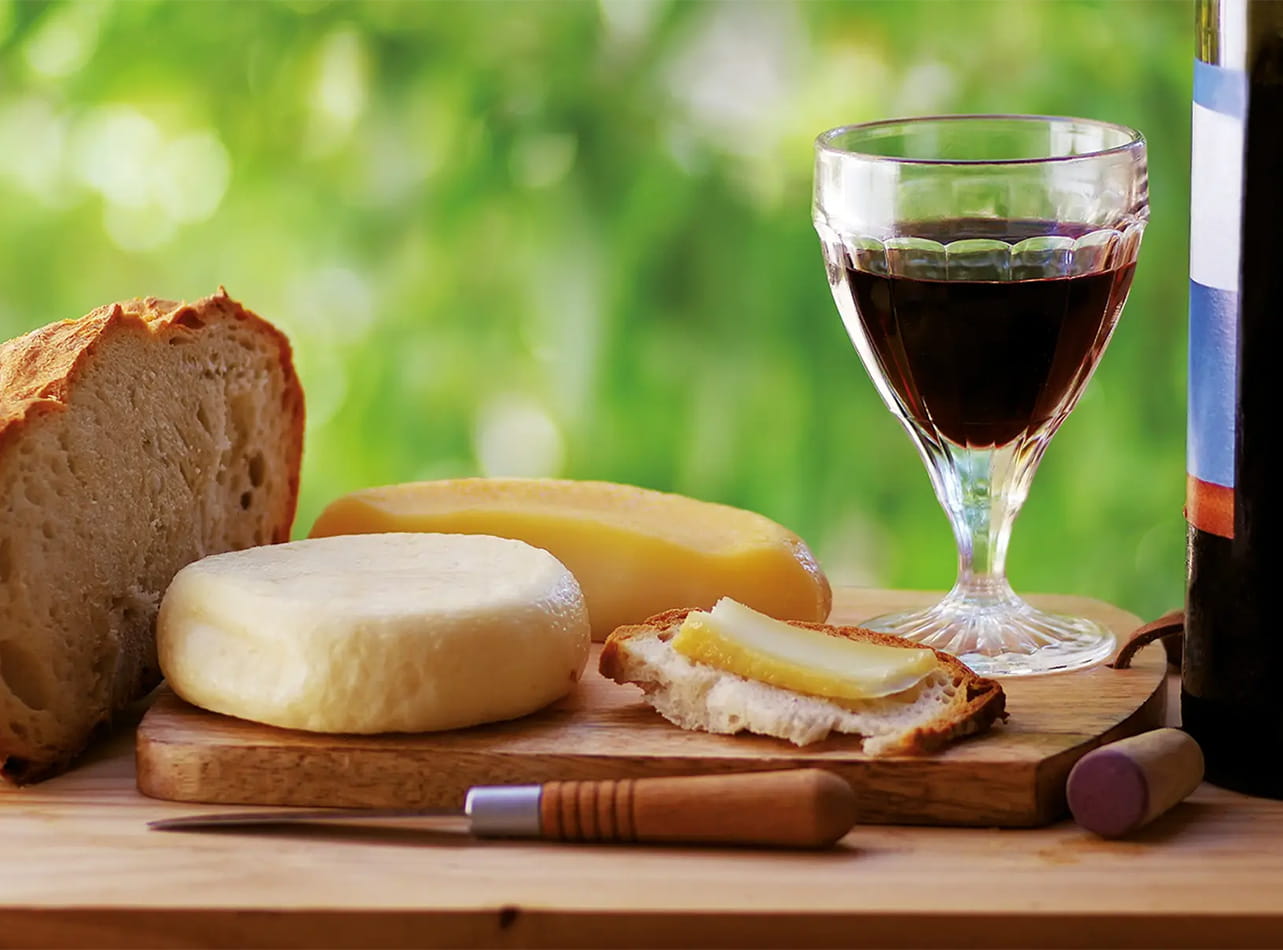
Find out about Saga's gastronomy holidays here...
They say the way to the heart is through the stomach, and Saga’s thoughtfully crafted food and wine holidays are perfect if you like trying new flavours and exploring traditional methods of cooking.

Whether you're looking for straightforward insurance or cover that's packed with extras, our home insurance has plenty of options for people over 50.

Learn how to avoid the most common vacuuming mistakes to ensure that your floors are spotless and free from allergens.
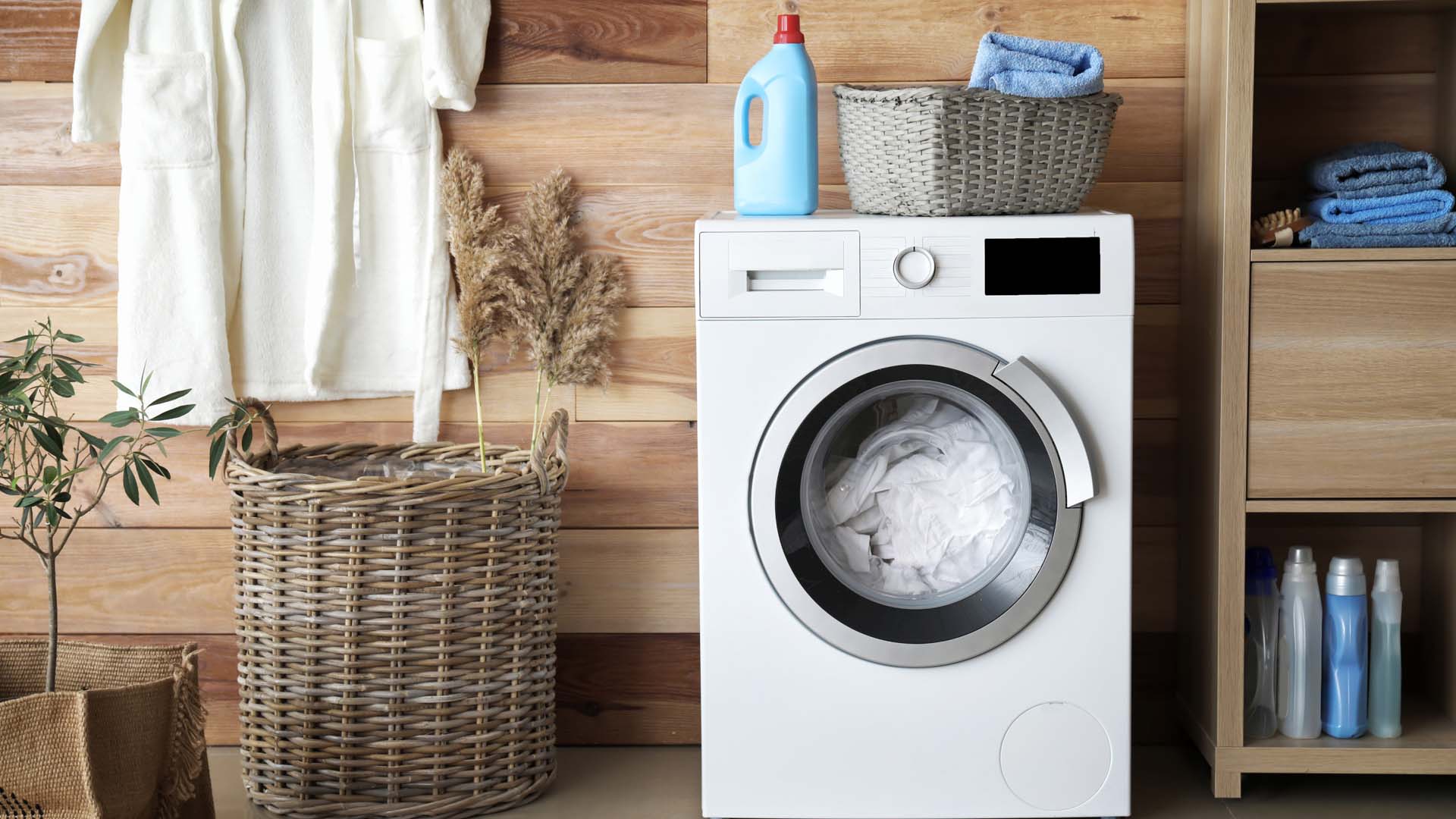
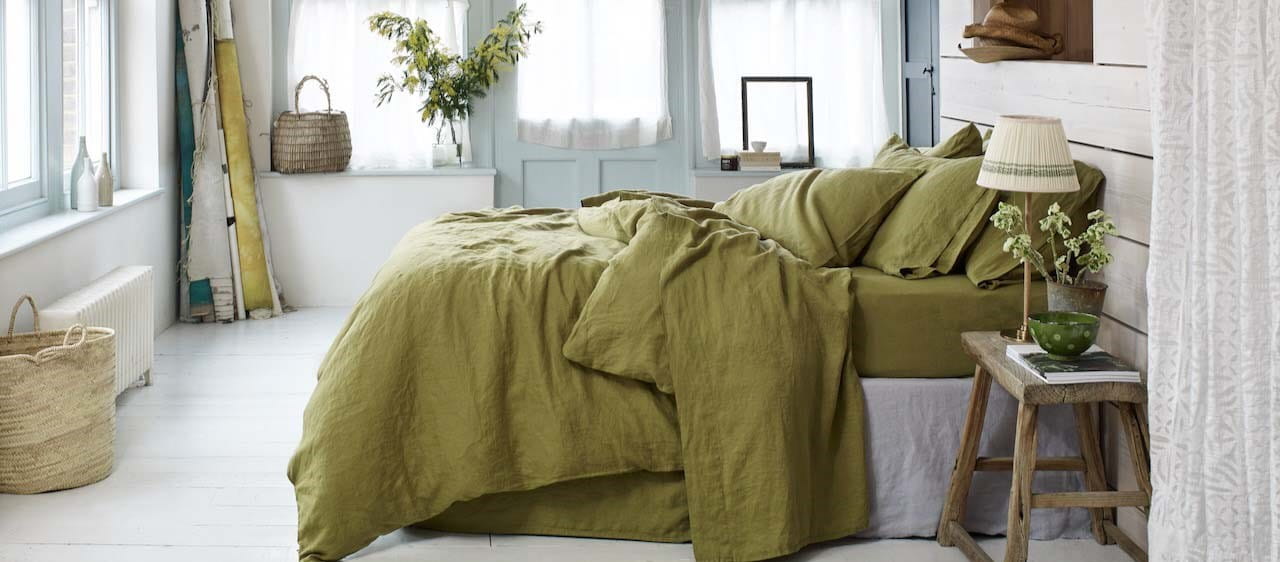

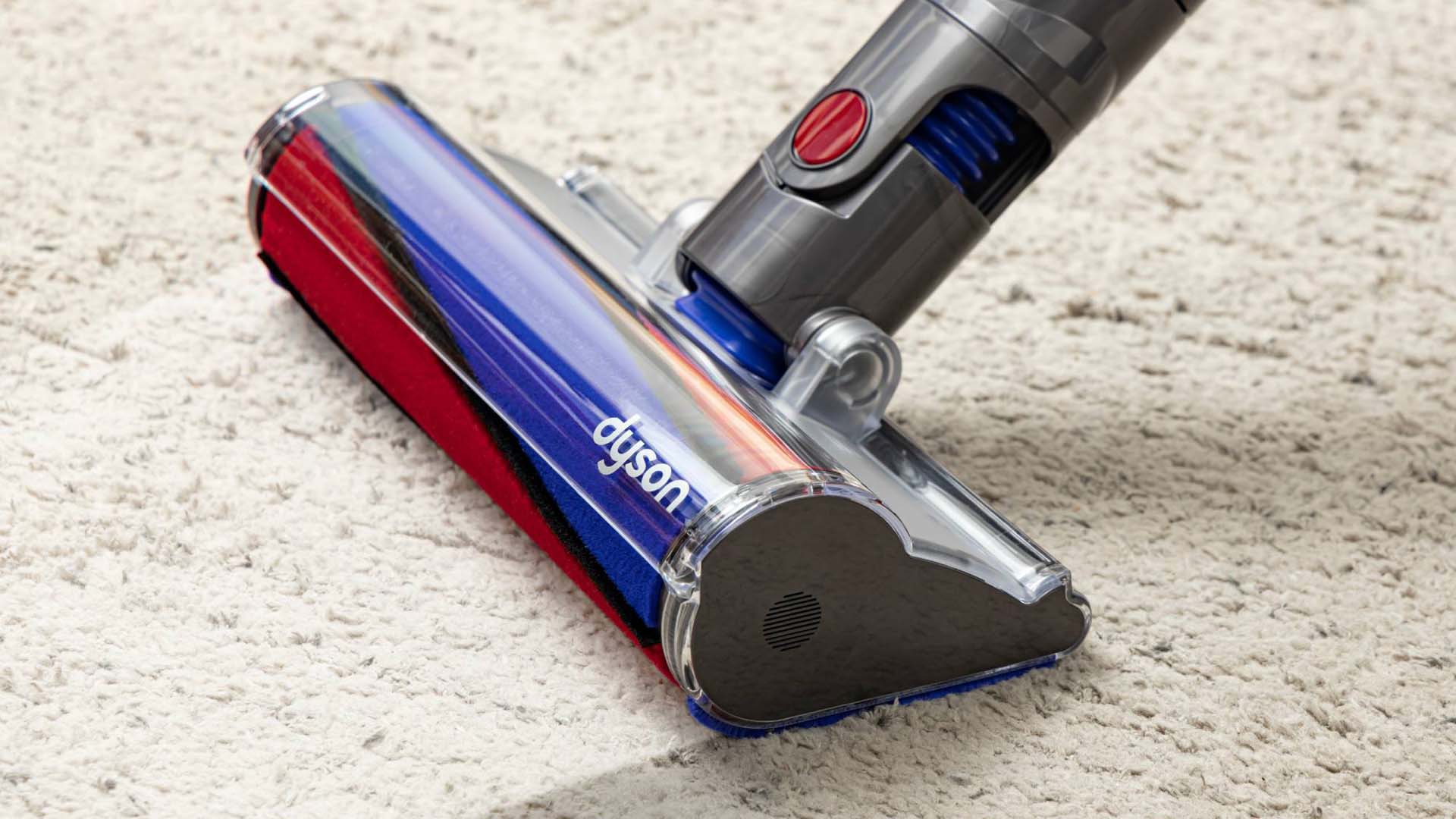
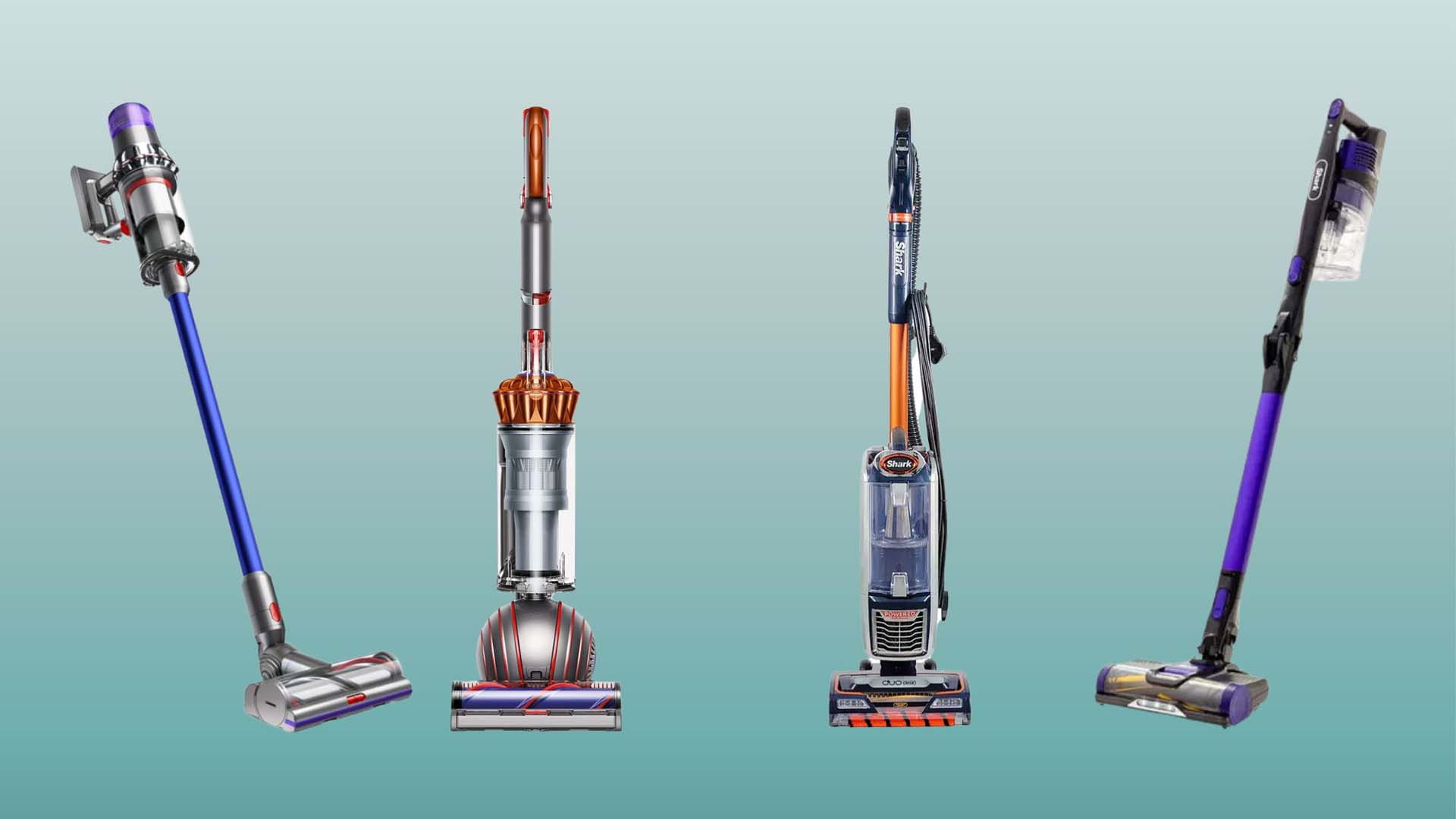

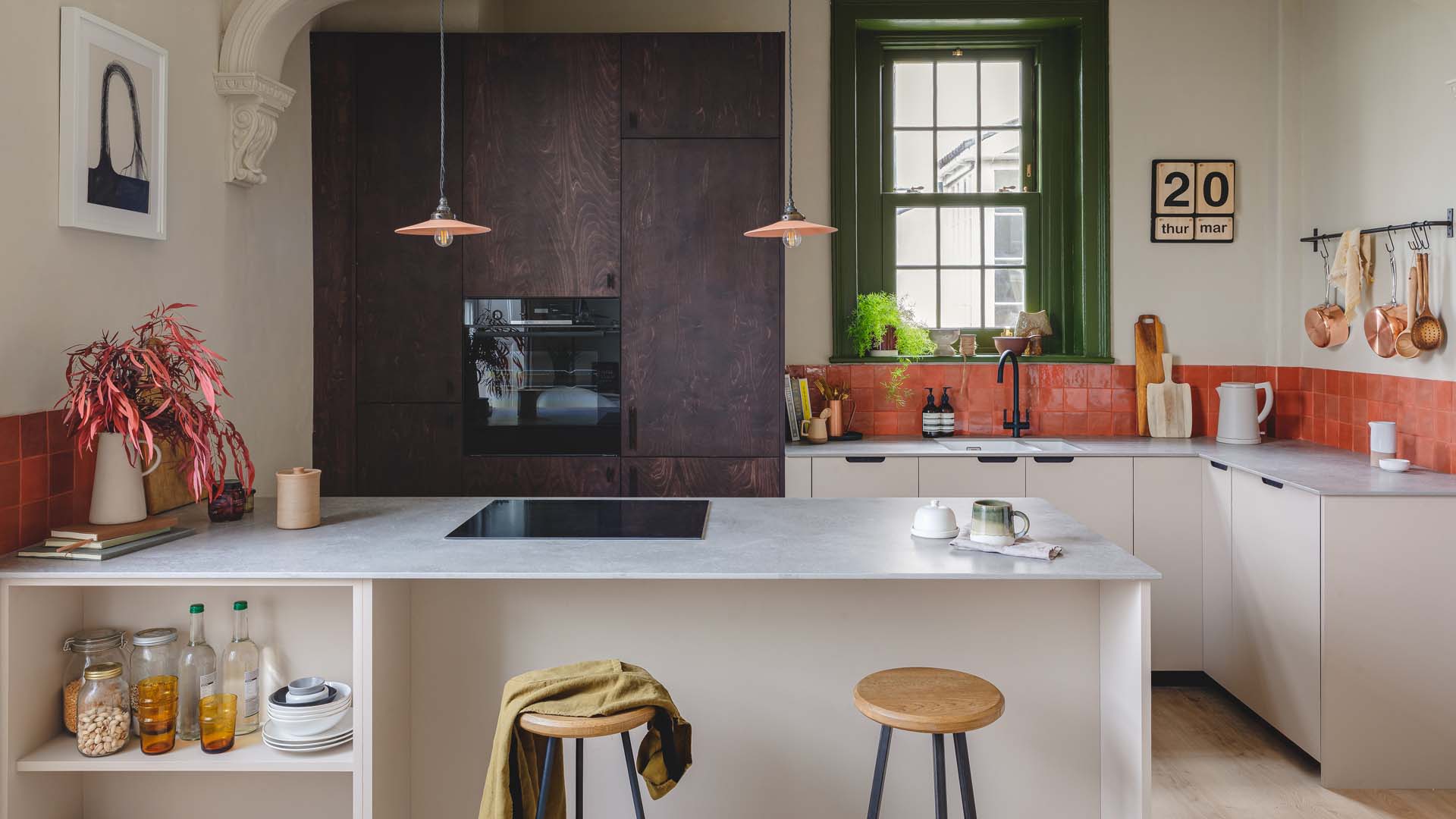



Create the perfect vista with our window cleaning tips.
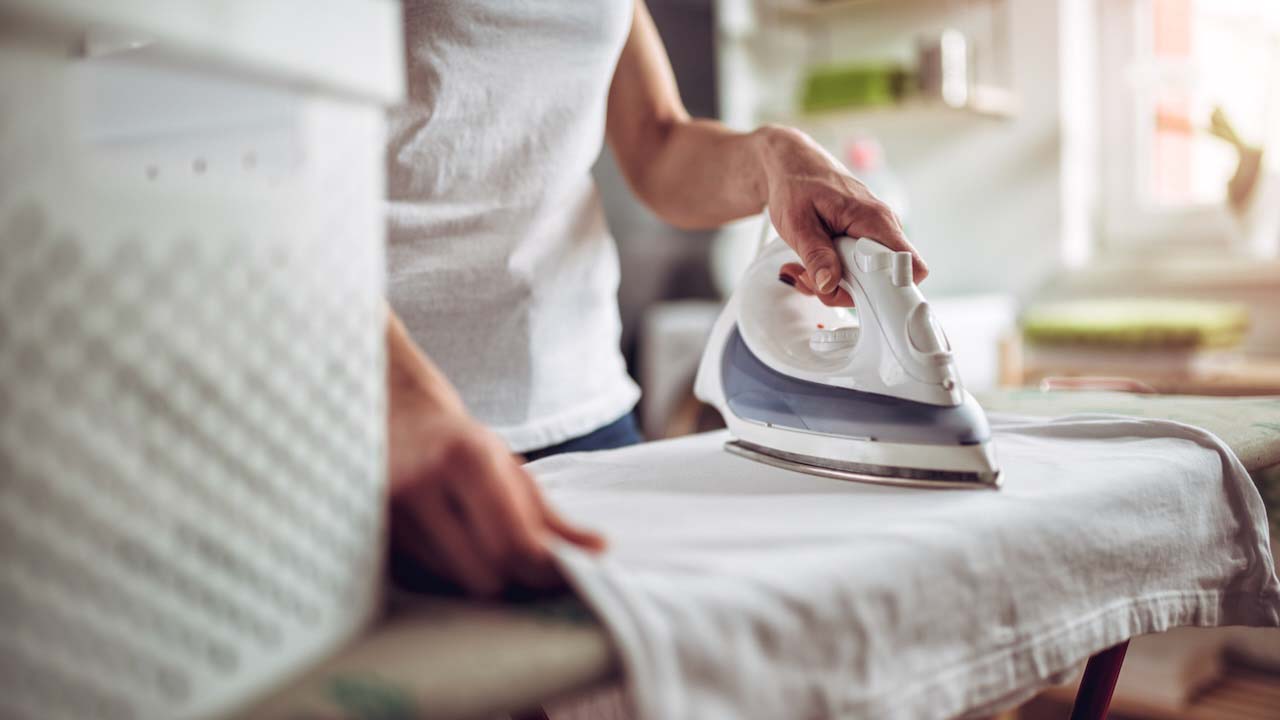
Because a scale-filled iron can ruin your clothes.